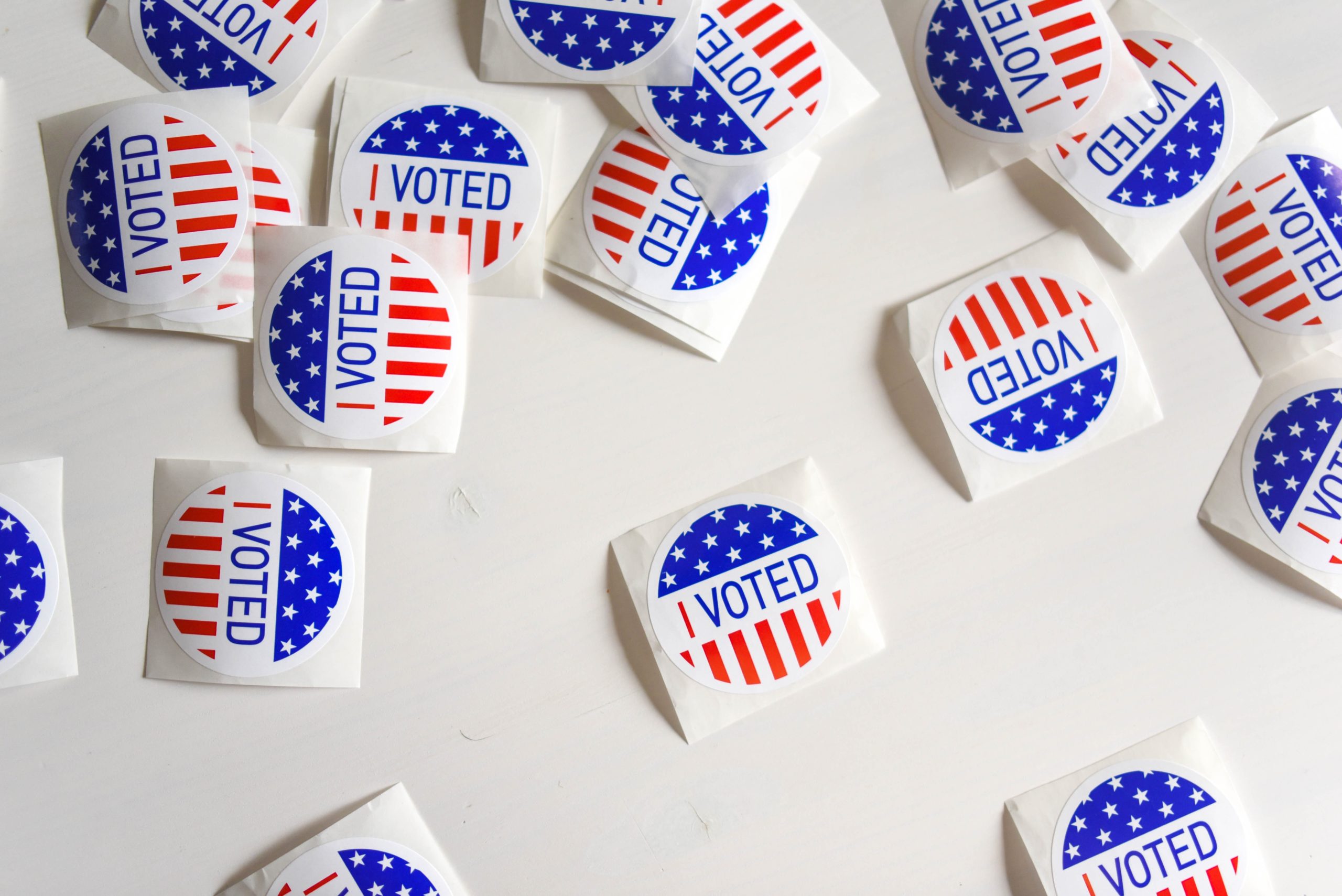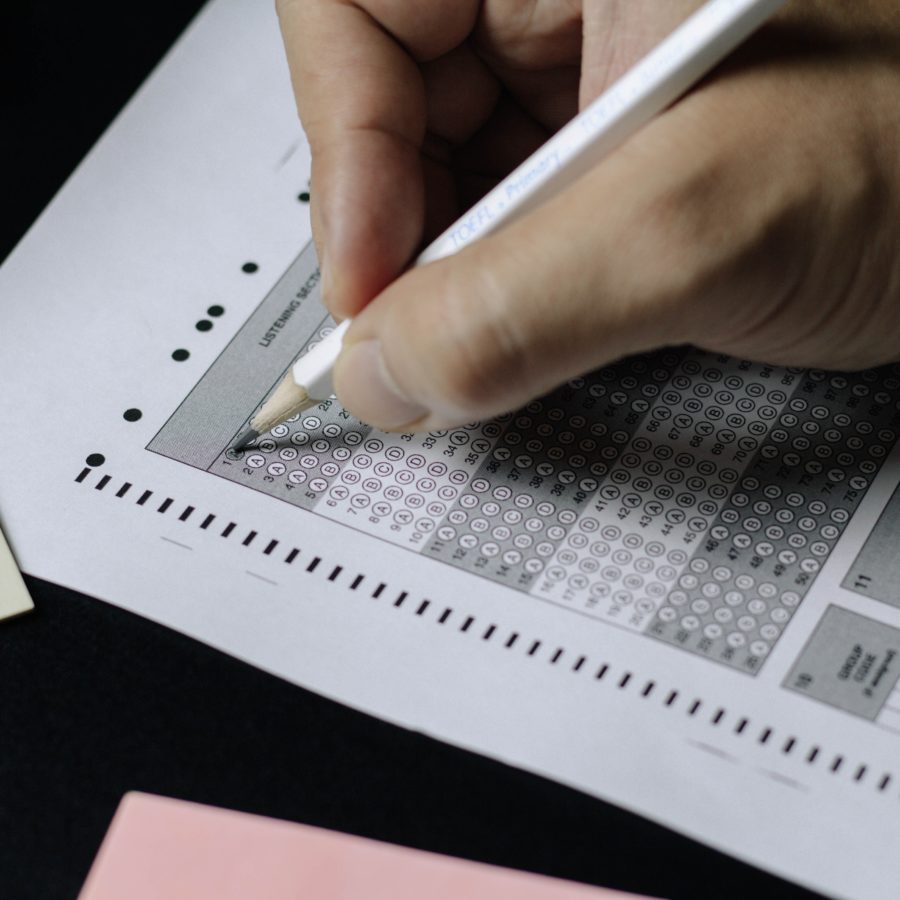
Ranked-Choice Voting Open to Confusion, Mistakes
The misnamed Better Voting Nevada Initiative has a number of flaws, including advancing a concept that would fiddle with how Nevadans vote.
A key part of the initiative requires ranked-choice voting, which would ask residents voting in the general election to rank the top five candidates in order of preference when casting a ballot, rather than simply choosing the individual they think would do the best job.
This election scheme is open to confusion, mistakes, voter fraud and a lack of accountability. If you think the fighting, lawsuits and protests over voting are bad now, ranked-choice voting will make it much worse.
With ranked-choice voting, or RCV, voters rank their candidates in preferential sequence from 1 (their top choice) through however many candidates are on the ballot.
If no candidate gets a majority of votes the candidate with the fewest votes is eliminated, and the votes cast for that individual are redistributed based on the next preference of those who voted for the eliminated candidate.
If this results in a majority, the election is over, and a victor is declared. If a majority is still not achieved after the first round of redistribution, the process repeats itself by eliminating the next bottom-vote getter as needed until someone receives a majority.
 Among the problems with RCV is that it theoretically asks all voters to not only research the candidate they favor but every candidate on the ballot and then somehow figure out an order of preference.
Among the problems with RCV is that it theoretically asks all voters to not only research the candidate they favor but every candidate on the ballot and then somehow figure out an order of preference.
Have you ever taken a survey that asked you to rank your choices of ice cream flavors or your favorite books? Now think about doing that for something important, like who will be running the state of Nevada.
Worse still, RCV would apply to U.S. Senate and House elections, along with elections for governor, lieutenant governor, attorney general, secretary of state, treasurer, controller and state legislators. That’s an awful lot of candidates to try and get up to speed on.
And if you make a mistake such as giving the same rank to two candidates, the initiative calls your ballot “inactive” or an “overvote,” and it may be tossed out altogether.
Combined with another aspect of the Better Voting Nevada Initiative that would allow open primaries – allowing voters to cast ballots in any primary no matter their political affiliation – Nevada’s election process will be little better than a coin toss if this item becomes law.
Bob Zeidman is the creator of the field of software forensics and the founder of several successful high-tech Silicon Valley firms, including Zeidman Consulting and Software Analysis and Forensic Engineering. He is an inventor, with 25 patents, and an expert witness, having consulted on over 250 IP lawsuits. His latest venture is Good Beat Poker, a new way to play and watch poker online. He is the author of textbooks on engineering and intellectual property as well as screenplays and novels. His latest novel is the political satire Animal Lab, a modern sequel to George Orwell’s classic Animal Farm.